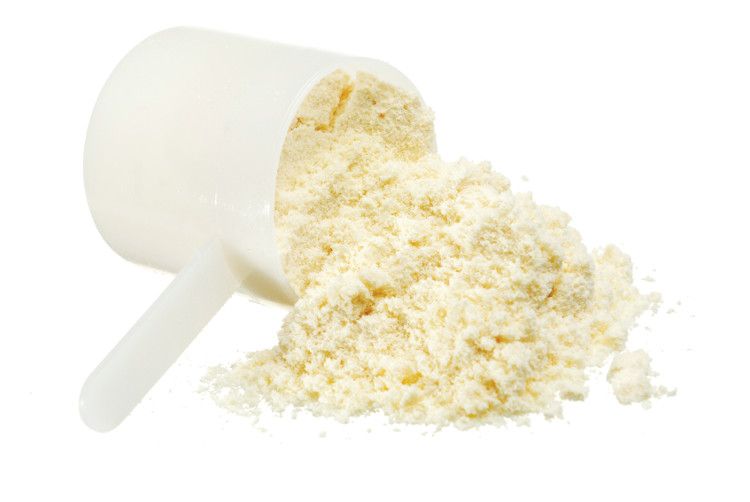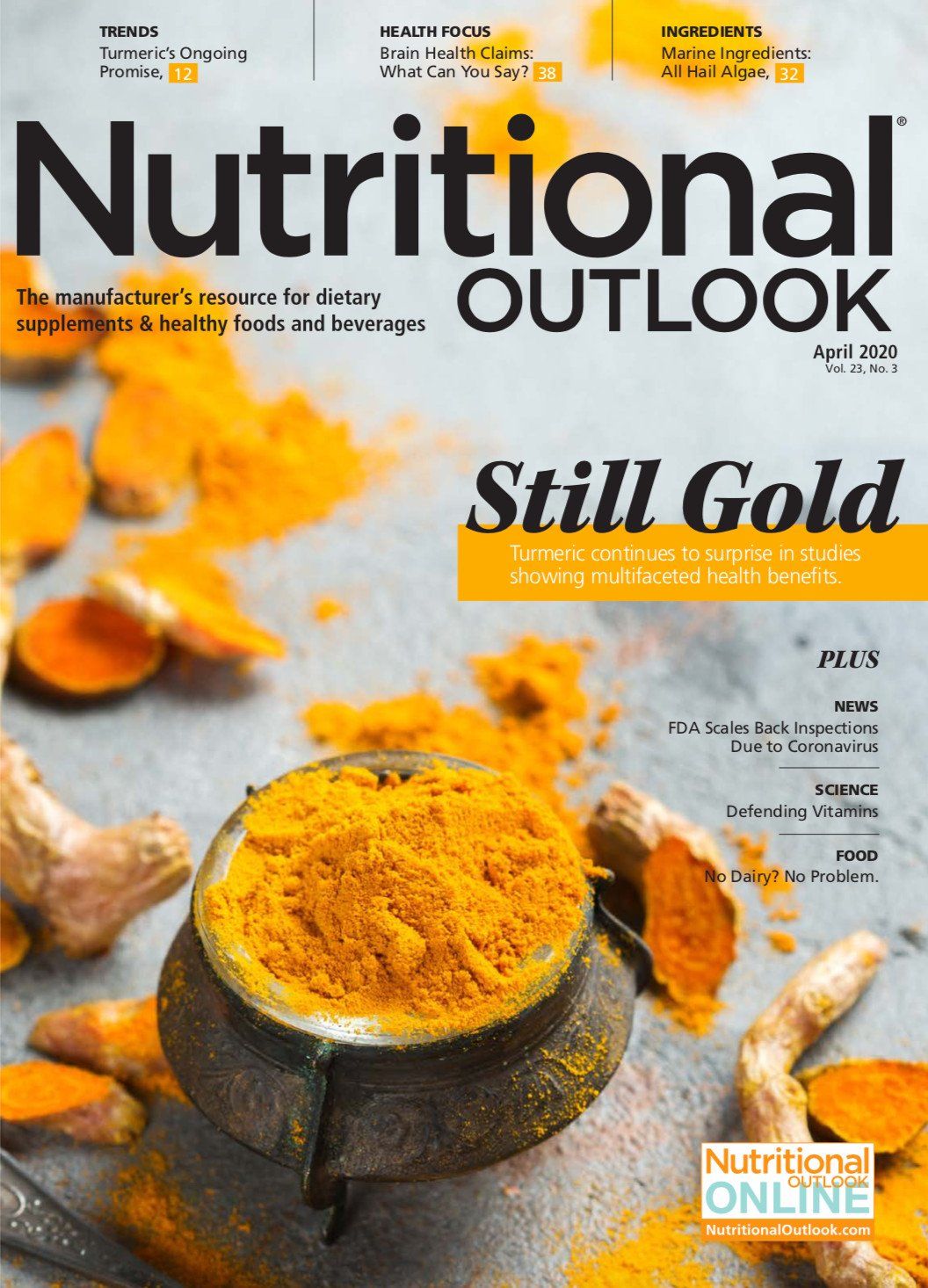Sports adulteration concerns, from eSports to CBD
Sports manufacturers will want to be on the lookout for these, says NSF International.
Photo © AlexSava - istockphoto.com

Adulteration is a real risk with sports nutrition, weight management, and even energy/focus supplements and functional foods. The most common adulterants in these products include stimulants and steroids, which pose health risks and are among the many substances on the World Anti-Doping Agency’s (WADA) list of athletically banned substances.
Even familiar and reliable ingredients can be at risk of adulteration. For example, in 2018 the U.S. FDA had to take steps to protect consumers from pure or highly concentrated caffeine by making it unlawful to sell directly to consumers in bulk quantities1. It’s dangerous for consumers to have pure caffeine in bulk because they are not generally equipped to properly measure the safe amount for consumption. Sports certifier NSF International (Ann Arbor, MI), for its part, sets limits on the amount of caffeine allowed in its NSF Certified for Sport products to 150 mg per serving and 300 mg of caffeine per day.
“New, potentially harmful ingredients in these categories are being employed all the time,” explains John Travis, senior research scientist, NSF International. “In recent weeks, we’ve been hearing about the increased presence of N,N-dimethylphenylethylamine (N,N-DEPEA), a substituted phenylethylamine sometimes used as a flavoring agent, being used as a pre-workout and/or bodybuilding supplement ingredient.”
This ingredient was found to be the culprit when a number of professional athletes failed drug testing following supplementation with a pre-workout supplement2. N,N-DEPEA, which was listed on the product’s label, is a structural isomer of the methamphetamine analog N,alpha-diethyl-phenylethylamine (N,α-DEPEA), which researchers tested for and found in the product.
“WADA considers it a prohibited substance, listing phenethylamine and its derivatives, which include N,N-DEPEA, under the stimulants category,” says Travis.
The Vulnerable
Many pre-workout products claim to support focus and concentration during a workout. Such claims translate to other supplement categories such as cognitive health, and have recently made their way to energy products targeting gamers. That leaves room for concern, says Travis. “There is enormous potential for adulteration of energy and focus products marketed towards Esports competitors. The same stimulants found adulterating pre-workout and weight-loss products could find their way into the energy/focus products. These substances are part of our routine screening, so Esports organizations and competitors can benefit from recommending and using NSF Certified for Sport products.”
According to an article recently published in The Washington Post3, abuse of the prescription drug Adderall is very common in the Esports space. A number of professional gamers admitted to using Adderall as a performance-enhancing drug. So far, only one league actively tests competitors for banned substances. In professional sports, WADA and the U.S. Anti-Doping Agency already list Adderall as a banned substance. Should other Esports leagues decide to ban the use of Adderall among their athletes, this could cause athletes to turn to other banned substances in dietary supplements, making energy/focus products more vulnerable to adulteration.
Another trending new space open to a great deal of unknowns is hemp cannabidiol (CBD). While becoming popular for fitness recovery and stress reduction, CBD and its toxicology are not yet well studied, says Travis.
“If a manufacturer is making a CBD isolate, there could be a concern in that one way of isolating CBD involves a reaction with 3,5-dintrobenzoyl chloride that can leave residual 3,5-dinitrobenzoic acid, which could be a toxicological concern,” explains Travis. “Basically, you are creating a reaction that causes the CBD to precipitate, and then you cleave that precipitated product, and the residual chemical after that hydrolysis may be an issue if no one is monitoring it, or there’s a lack of toxicological awareness of it.”
References:
- FDA website. “FDA takes step to protect consumers against dietary supplements containing dangerously high levels of extremely concentrated or pure caffeine.” Published April 12, 2018.
- Cohen PA et al. “A methamphetamine analog (N,α-diethyl-phenylethylamine) identified in a mainstream dietary supplement.” Drug Testing and Analysis, vol. 6, no. 7-8 (July-August 2014): 805-807
- Hamstead C. “‘Nobody talks about it because everyone is on it’: Adderall presents esports with an enigma.” The Washington Post. Published February 13, 2020.




















